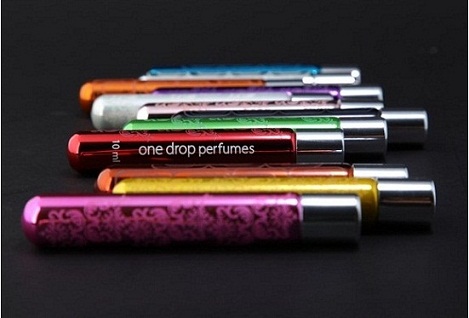An aroma compound, also known as odorant, aroma, fragrance or flavour, is a chemical compound
that has a smell or odor. A chemical compound has a smell or odor when it is sufficiently volatile to be transported to the olfactory system in the upper part of the nose.Generally molecules meeting this specification have molecular weights
of <300. Flavors affect both the sense of taste and smell whereas fragrances affect only smell. Flavors tend to be naturally occurring, and fragrances tend to be synthetic.Aroma compounds can be found in food, wine, spices, perfumes, fragrance oils, and essential oils. For example, many form biochemicallyduring ripening of fruits and other crops. In wines, most form as byproducts of fermentation. Odorants can also be added to a dangerous odorless substance, like propane, natural gas, or hydrogen, as a warning. Also, many of the aroma compounds play a significant role in the production of flavorants, which are used in the food service industry to flavor, improve, and generally increase the appeal of their products.


However,there are many scent perfume smell including fruity and other.M
odern perfumes have progressed to fouler-smelling compounds. Take Eau de Stilton, which radiates blue cheese, a StiltonCheesemakers Association commission meant to turn more stomachs on to the product [source: Discover]. You could say the Stilton fragrance was a joke, but real perfumes sometimes boast notes of stench as a sort of circus act by the designer, too. Luca Turin, a biophysicist and well-known perfume writer, thought the rotten note in Sécrétions Magnifiques, considered a fine fragrance, was thrilling and intelligent [source: Turin and Sanchez].
To apply the loosest definition, perfume is any substance that you wear and that smells. There are no requirements for it to smell good. Clearly, your experience of a perfume comes not only from the stuff in the bottle but also from the stuff in your head.

Tiada ulasan:
Catat Ulasan